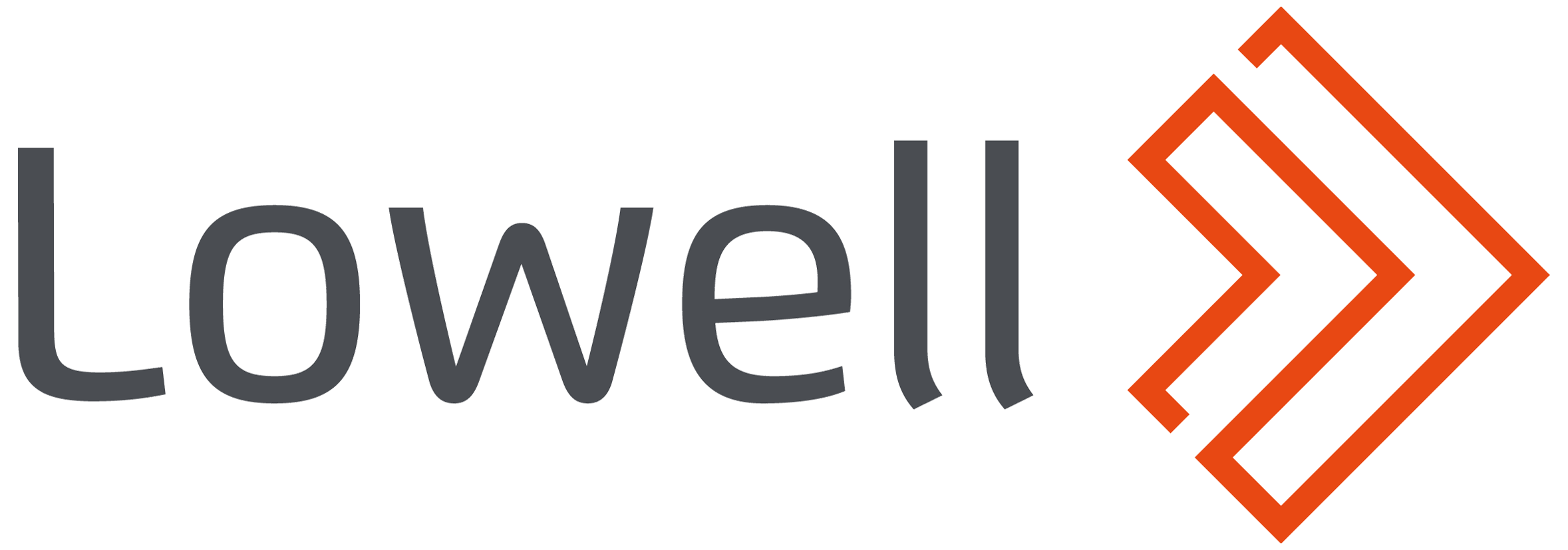What is the Debt Arrangement Scheme in Scotland?
The Debt Arrangement Scheme explained
Here at Lowell, we’re all about starting open conversations regarding debt, and this includes discussing potential options that might help you deal with your Lowell debts. If you’ve been struggling to keep up your payments, you may have been looking into possible solutions and come across the Debt Arrangement Scheme.
In this guide, we’ll be delving into everything you need to know about the Debt Arrangement Scheme including what it is, the eligibility requirements, how to apply, and the advantages and disadvantages of applying.
This content is intended to be an impartial guide about the Debt Arrangement Scheme in Scotland. Lowell Financial Ltd do not provide financial advice, you can find out about organisations you can contact for guidance throughout the piece and on our debt help and support page.
What is a debt payment programme (DPP)?
How long does the Debt Arrangement Scheme last?
How much does the Debt Arrangement Scheme cost?
Eligibility requirements for the Debt Arrangement Scheme
How to apply for the Debt Arrangement Scheme
What debts can be included in a Debt Arrangement Scheme?
Are debts written off with the Debt Arrangement Scheme?
Does a Debt Arrangement Scheme affect credit rating?
Can you finish a Debt Arrangement Scheme early?
What happens if a DAS is cancelled?
Advantages of Scotland’s Debt Arrangement Scheme
Disadvantages of Scotland’s Debt Arrangement Scheme
Can Lowell help me apply for a Debt Arrangement Scheme?
First published: 19th February 2024
Last updated: 2nd July 2025




